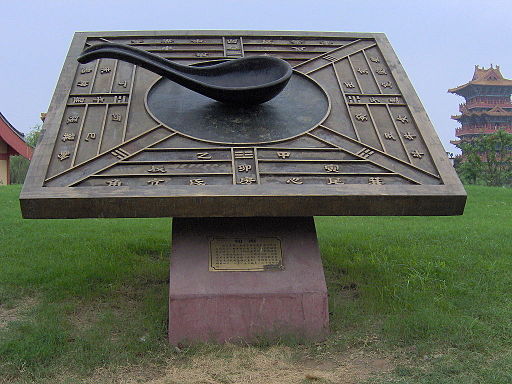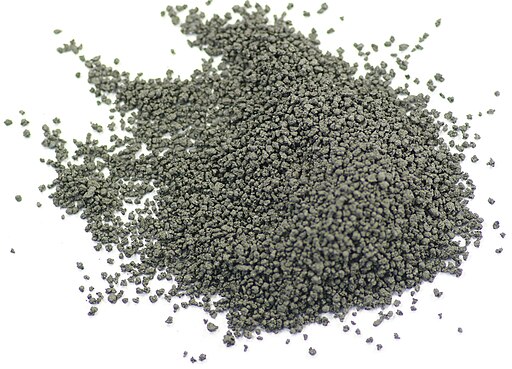My next series after the next New Pioneers full-length novel is going to be speculative. It ticks some of the boxes in sci-fi, some of the boxes in fantasy, but it doesn’t fall neatly into either. (Because I like to make things hard on myself when it comes to marketing.)
Honestly, I’m daunted. Every story requires world-building, but it’s much easier to do that if that world is something you’re familiar with and that readers will immediately relate to; for example, a major metropolitan area in the contemporary United States. This series is going to span roughly five generations, and there will be significant transformations technologically, politically and culturally. Also, a number of the characters serve in the armed forces. In short, I have a lot of research to do.
Part of why this isn’t bothering me as much as it used to is that I’ve been reading a lot recently about self-directed learning. It started out as something I was investigating for my homeschooled sons, but then I started thinking about how it could apply to me. A number of adults have written about a “self-directed masters”, which is essentially digging deep into a topic and doing research as if you were, well, doing it for someone else. I’m fine with someone objecting to an independent course of action being the equivalent of a master’s degree, but it’s a useful way for me to organize my research for this upcoming series. Thus begins my project to study The History of The World.
Please note: I have NO intention of actually writing a history of the world; my next series will not be an academic treatise, nor will there be a quiz at the end. I suspect that most of what I learn won’t specifically show up in my novels. BUT it will give me a better sense of where it’s realistic to lead a story and where the logical transitions are.
I have a long list of books to start with, and the first one I’ve finished is Technology: A History of The World. It’s part of the New Oxford World History series, and I’m in love. Every person who’s ever said that history is all about memorizing a bunch of names and dates should look into this series. In under 150 pages, it gives an explanation of not only what was developed but why and what effect it had on the larger (and smaller) civilization. It was fascinating, and one of those books I was sad to finish.
It also answered a question that has bothered me and other history enthusiasts for a long time: why did Europe suddenly start winning the technological race circa the beginning of the Renaissance? Before that, China was it for implements and innovation, and the Muslim world was the place to be if you wanted to learn cutting edge math and science (and no, it wasn’t just preserving the knowledge of the ancient Greeks, although that was a big plus).
 |
| The compass, just one of many Chinese inventions |
 |
| al-jabr, "the reunion of broken parts". You might know this as "algebra" |
The answer was the Mongol invasion. The explanation for why the nomadic Mongols became pre-eminent is fascinating as well (I will never look at stirrups the same way again), and had Kublai Khan not died at just the right time, Europe might have come under their heel as well. But they didn’t, and by that time China and the empires of the Muslim world were soon ready to throw the Mongols off as well.
But the damage had been done. Whereas the Muslim world could have been described as a region that valued innovation and had an atmosphere that invited a robust exchange of ideas, after the Mongols left they never recovered from their siege mentality and adopted the more conservative and cautious character we associate with that region today.
China found the experience of Mongol rule humiliating (as did the Koreans), and from there on they approached anything “foreign” or even different with suspicion; while Charles Mann points out that it’s not accurate to say that they had no trade at all, their activities could barely be described as commercial.
And yet...for hundreds of years after, China’s standard of living ranked pretty high compared to the rest of the world, and their example counters the truism that improved technology is the key to improved quality of life. Their technology and organizational systems were adequate for their essential needs, and they concentrated on improving skill and applying more manpower (labor) to what they already had. In short, they dragged as much productivity as they could out of what they had.
But people as a group tend to be natural innovators, so why did individuals in those places stop? Simply put, because they had to. The systems of government in both regions were autocratic, and even if one person did create a new technology, government officials could decide how far it went, if at all. Europe, which by comparison had a more chaotic political system, didn’t have a comparable entity which could prohibit innovation on a massive scale, and ideas spread at a relatively rapid pace. (Ironically, many were initially inspired by technology the Chinese and Muslims had invented but then abandoned.)
 |
| Gunpowder, a Chinese invention abandoned to the rest of the world |
It was impossible to read that without thinking of our recent election and (at least according to some analysts) the reason why Donald Trump won: he’s going to bring back all of those missing jobs. There’s just one problem with that: what really killed those jobs isn’t trade and “globalization”, but technology. We could force every manufacturer’s operations back to this country and we still wouldn’t replace those jobs. Better machines are more efficient (i.e., they get the job done more quickly) than human labor, and using those both reduces the cost of goods produced and increases the profits of the companies who “employ” them. This isn’t a new problem: when the Chinese developed more efficient instruments for spinning, they were able to create textiles more quickly, but they also forced many women to seek new employment (and no, I don’t know where they ended up). Even massive spending on infrastructure (which really, really needs to happen) won’t create the level of jobs the United States saw during the Works Progress Administration; the machines we would use now replace too many people, and work too quickly.
 |
| These guys would have much better equipment today...and fewer colleagues |
I’m not saying that job losses aren’t a problem, and I’m not necessarily arguing for technological determinism. As I said, China provides an example of how jobs could be, well, preserved. And while we don’t have the autocratic system of government they had (have), we do have a system of laws and regulations that could be used to limit technological innovation and return or create some jobs in the United States. It’s not impossible. But please note that once China’s population reached a tipping point in the eighteenth century, even the labor needs required for their older technology wasn’t enough to sustain a decent standard of living for everyone. (Was that exacerbated or delayed by their anti-trade policies? That’s a question for another day.)
Or...maybe we could follow the example of Renaissance Europe? Maybe we can sponsor new industries with new uses for new technology to create—wait for it—new jobs? (And while it’s fair to note that Europe got a big boost from the conquest of the Americas and ignoble “trade” with Africa, those relationships weren’t a guarantee of success; compare Spain and England, for example.) And maybe we can be uniquely American and retrain people for both new technology and new jobs?
Of course, this is just talk right now. The decision’s been made, and for the next two years, there’s nothing I can do about it except observe. While the citizen in me is going to be white knuckling my way to 2018 (and a handful of municipal races in 2017), the writer in me is going to exploit this first-hand research opportunity for all it’s worth.







